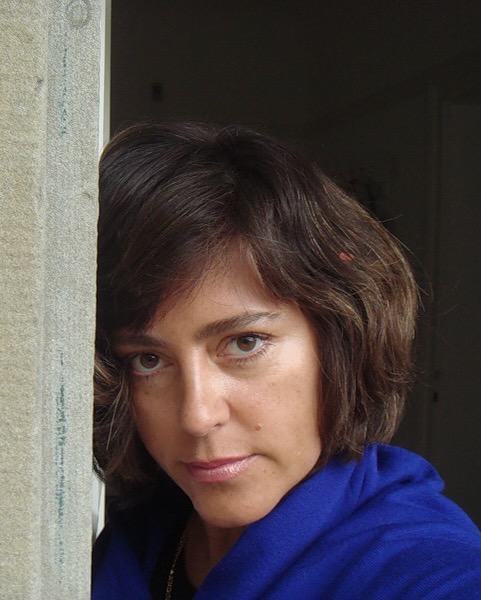By ANZHELINA POLONSKAYA
Translated from the Russian by ANDREW WACHTEL
Poems appear below in English and the original Russian.
Translator’s note
Anzhelina Polonskaya frequently writes poems inspired by visual artists. These are not, however, ekphrastic renderings of an image in words, but rather a snapshot of the emotions that a given painter’s work evokes. In the poem “After Breughel,” published here, we need to ask, what precisely makes the text Breughelesque? To me, it is the anthropomorphized image of snow, with its dead white eyes in the first stanza, contrasted with the scarlet color (of blood, hell, the burning bush). This unsettling juxtaposition creates the Breughelesque landscape which has destroyed the artist, as in the painting Dulle Griet from 1563. But Polonskaya provides her picture without the scaffolding of a narrative, and, as far as the translator’s job goes, I needed to avoid explaining the poem, rather allowing the translation to be as allusive and mysterious as the original.
—Andrew Wachtel
After Breughel
Snow, listen up. Your eyes are dead.
We know full well we’re being led
like hostages of universal blindness.
Who are we, then? Unknown and homeless.


